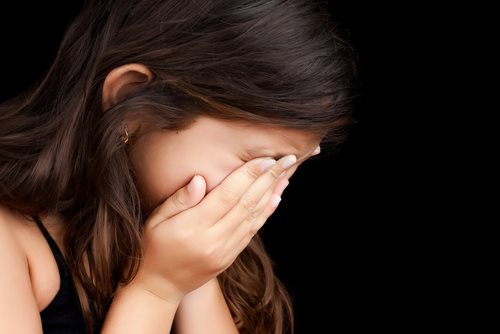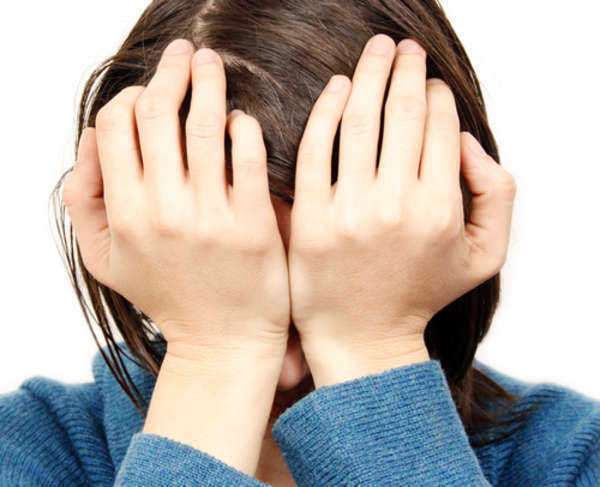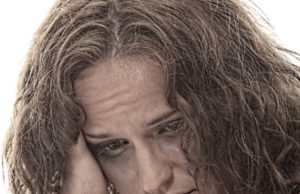
President Obama recently signed into law the reauthorization of the Violence Against Women Act (VAWA). Initially signed into law back in 1994, this historic piece of legislation changed how the federal government dealt with the issues of sexual and domestic violence by allowing federal prosecution of interstate sexual and domestic violence crimes and offering federal funding to rape crisis centers. The new version of VAWA has now also expanded protections for Native American women and LGBT victims of domestic violence.
(More on News at LAWS.com, contact Adam for interviews “adama@laws.com”)
Between 22 and 25 percent of American women experience some form of domestic violence at some point in their lives. Another 7 percent of men also experience domestic violence. One in six women have either been raped or experienced an attempted rape by a partner, and the figure is even more startling for Native American women, since one in three of them will be raped in their lifetime. With so many women and men experiencing some form of sexual or domestic violence, it is only right that an act like VAWA should come to pass to offer additional protections against this epidemic.
The National Coalition Against Domestic Violence (NCADV) is one of the largest domestic violence organizations in the country. Established in 1978, it works with individuals and communities with the aim of putting an end to domestic violence. The NCADV works to empower battered women and children, promote and unify direct services programs, promote partnerships, educate the public and of course eliminate domestic violence.
The following is an interview with Rita Smith, executive director of the NCADV, on her thoughts and feelings about the recent reauthorization of VAWA, and the work of her organization in the realm of domestic violence.
In your opinion, what does the recent passage of the Violence Against Women Act (VAWA) signify for the women's rights movement?
The reauthorization of VAWA continues to build on the good results of the last 19 years to reduce domestic violence and sexual assault. It provides critical services for victims of domestic violence, sexual assault, stalking and teen dating violence. Over the last 19 years we have seen good progress on these issues with this funding, and the improvements we added with this most recent reauthorization will significantly impact very vulnerable populations. Until women are safe at home, free from violence and abuse, full participation in society will continue to be limited.
Do you believe the new version of VAWA goes far enough to protect women against domestic violence?
The most recent version of VAWA has critical improvements, and as with any bill, as advocates we may have wanted to add other components, but needed to be realistic about what kind of bill Congress would pass and President Obama would sign. NCADV works closely with many other national organizations on policy, and as a group we determined this was the best bill we could get through the federal legislative process. In the next five years, we'll get feedback from domestic violence and sexual assault programs about how this bill is working in communities and identify areas we need to change, remove or add in the next reauthorization process.
The new version of VAWA includes historic provisions for Native American Women and members of the LGBT community. Do you think the law as passed represents a step in the right direction for American Indian women and LGBT people in the United States?
This version of VAWA is a significant improvement for both Native/Indigenous women and the LGBT communities, and also includes good protections for immigrant communities. The Native provisions in particular are very dramatic, and allows for Tribal Nations to now have the capacity to hold non-native abusers accountable for the first time in history. Expanding the definitions of the grant programs to allow services to be provided to victims within the LGBT community is also an important addition to access for life saving support.
What has your organization been able to achieve in terms of advancing the cause of domestic violence victims?
The National Coalition Against Domestic Violence has been able to make significant progress to support victims over our 35 year history. We have worked to expand the network of local community based programs from around 200 in the late 1970's to over 2000 at present. We advocated for the first federal funding, the Family Violence Prevention & Services Act, in 1984. NCADV has been active in educating Congress, every Administration, and the public about this issue since we were formed in 1978. We have sponsored the premiere domestic violence conference every two years since 1980 to advance the skills, knowledge and expertise of local domestic violence advocates. We have created financial education material specifically for victims, and created the national awareness effort in October for Domestic Violence Awareness Month.
As a society, do you believe we have come a long way since the initial passage of VAWA in 1994?
We are addressing this issue more effectively now as a result of the laws that every state has passed. Law enforcement are better trained, health care providers are learning how to screen their patients for risk factors of abuse, attorneys are learning how to better prosecute and represent this issue in court, faith based leaders are taking public stands against abuse, and some corporations are developing workplace violence policies that support and protect victims. While we have a lot more work to do, we have made significant strides in these ways and others, and because of that communities are safer and the cost of domestic violence has been reduced.
If you find yourself in a domestic violence situation please visit NCADV website or call 1-800-799-SAFE. To learn more about Domestic Violence please click on the highlighted link.






























